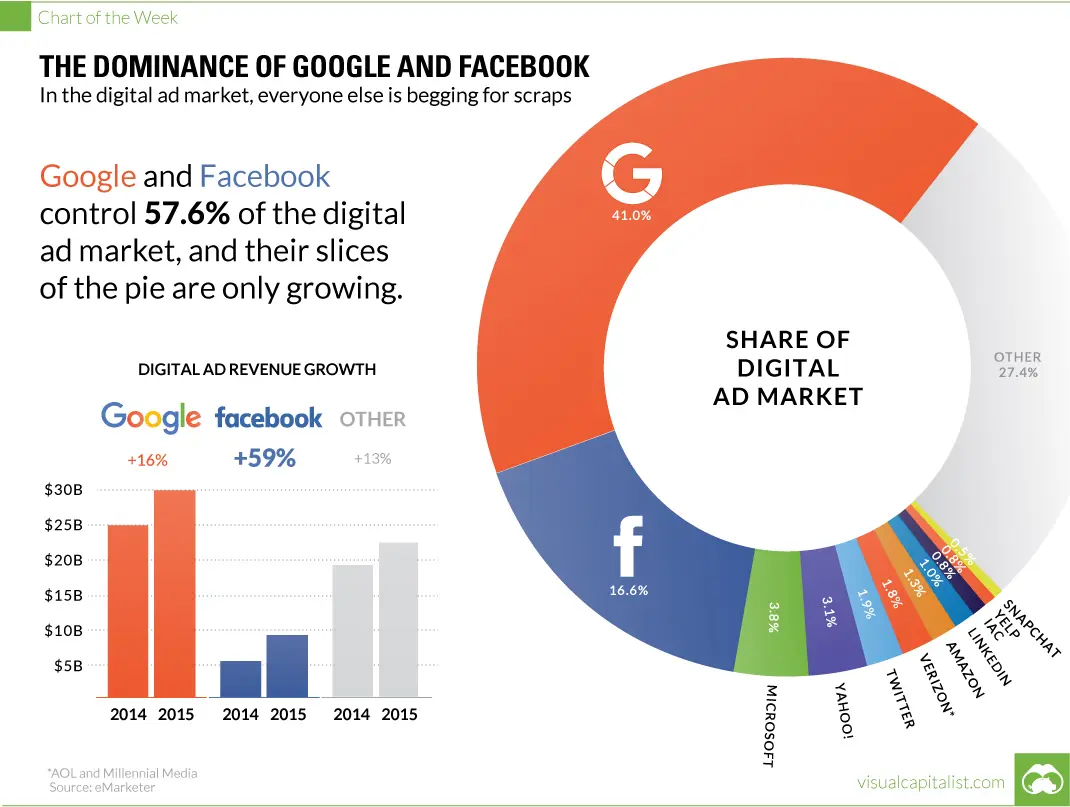What do the blockchain, the Internet, Artificial Intelligence (AI), and the Internet of Things (IoT) have in common?
Leaving their world-changing potential aside, a quick Google (or, better, ICOBench) search will reveal that companies all over the world have tried to stick the name “blockchain” to whatever they’re doing to leverage the hype around this technology during the past years. From the Internet, we’ve learned that game-changing technology can have rocky starts, with the ICO crash of 2017 almost perfectly mirroring the burst of the dot-com bubble.
The Internet’s resurface as a technology and a business, however, showcased that quality always finds its way through.
Blockchain is no different, and legitimate gems with the potential to transform our world hide in plain sight, surrounded by lesser projects (that are always transitory), waiting to be discovered. If you’re reading this article, you probably know the importance and potential of blockchain technology. Therefore, there is only one question remaining: How can you know which projects to trust and where to find them?
Thanks to our years of expertise in the blockchain world, plus our distributed network of qualified researchers, we happen to know a thing or two about this. The following is a list of the industries more likely to both leverage and be leveraged through blockchain technology. To create it, we took into consideration:
- Their (existing or potential) need to develop internal markets of their own.
- The possible gains the industry could receive from becoming completely decentralised, or dominated by decentralised players.
- The robustness (or antifragility) the blockchain could bring to these industries.
The List:
#1 – Finance (but you already knew this).
The blockchain’s first practical application was Bitcoin, and ever since it has created a total revolution, taking us into Decentralised Finance. Nowadays, people can still earn money from helping cryptocurrencies exist and remain secure, but also from lending to others, using complex products, and owning collateralised tokens.
Finance on the blockchain also means (and we cannot say this enough times) that societies are practically insured against mismanagement from financial authorities.
#2 – Social media and messaging: A world without Facebook?

Most of the Internet’s advertising revenue goes through a handful of apps. From this, only a percentage of the earning goes to creators (via visualcapitalist.com).
Could Facebook, Twitter, Instagram, and other social media apps exist without a company powering them? Thanks to the blockchain they can, and most likely will. Many experts argue that social media companies will be the next ‘victims’ of decentralisation since their precise revenue models (acting as intermediaries) could easily serve as the basis for new platforms.
Under decentralised platforms, theoretically, users’ data would be safer, no central company could exploit it without users finding out, and, most importantly, content creators would receive higher benefits for their hard work. Data collection through these technologies could theoretically also be leveraged for users’ interests, making it an optional, lucrative feature for them.
#3 – Education: Anywhere, at any time, from anyone.
If 2020 has taught us anything, is that whatever can go remote most likely will. Remote life, however, presents an interesting dilemma for universities and learning centres. There is no doubt that education is both a centrepiece of the human experience and one of the most important businesses on Earth. Blockchain technology could completely disrupt the way we think about education by empowering:
- a) educators to earn and share their knowledge.
- b) third-party individuals that would like to support and sustain decentralised educational systems.
- c) learners worldwide to learn from anyone, at any time, anywhere.
As an example: Can you imagine a decentralised platform that allows remote learners in Algeria and Mexico to learn from former Harvard professors, at the cost of the tokens they earn by moderating said decentralised platform? Well, we can!
#4 – Betting.
You can probably notice a trend by now, where blockchain-based or decentralised platforms are expected to remove intermediaries across all industries.
Betting, in particular, is an industry where intermediaries, seen as necessary, actively ruin users’ experiences. Since betting houses have to first and foremost ensure their survival and then maximise their profits, their models have to cap users’ gains on both sides of bets and creating markets where they (and only they) benefit from user behaviour. On a decentralised platform, however, this wouldn’t be the case. Such a platform, ideally, would allow users to bet on anything and everything, running odds according to supply and demand alone, and transfer funds seamlessly from user to user without undermining winners’ success.
Conclusion
When power unbalances are present, it’s always reasonable to forecast that, eventually, people will find ways to set up better, fairer systems. Ultimately, finding ways to empower users is what this technology and its spirit are all about!
We are increasingly excited to witness the enthusiasm surrounding blockchain technology. We would also be honoured with you considering us to provide you with continuous, high-quality research on the markets’ top-players.
Until then, we’ll make sure to continue bringing more articles for you, week after week!